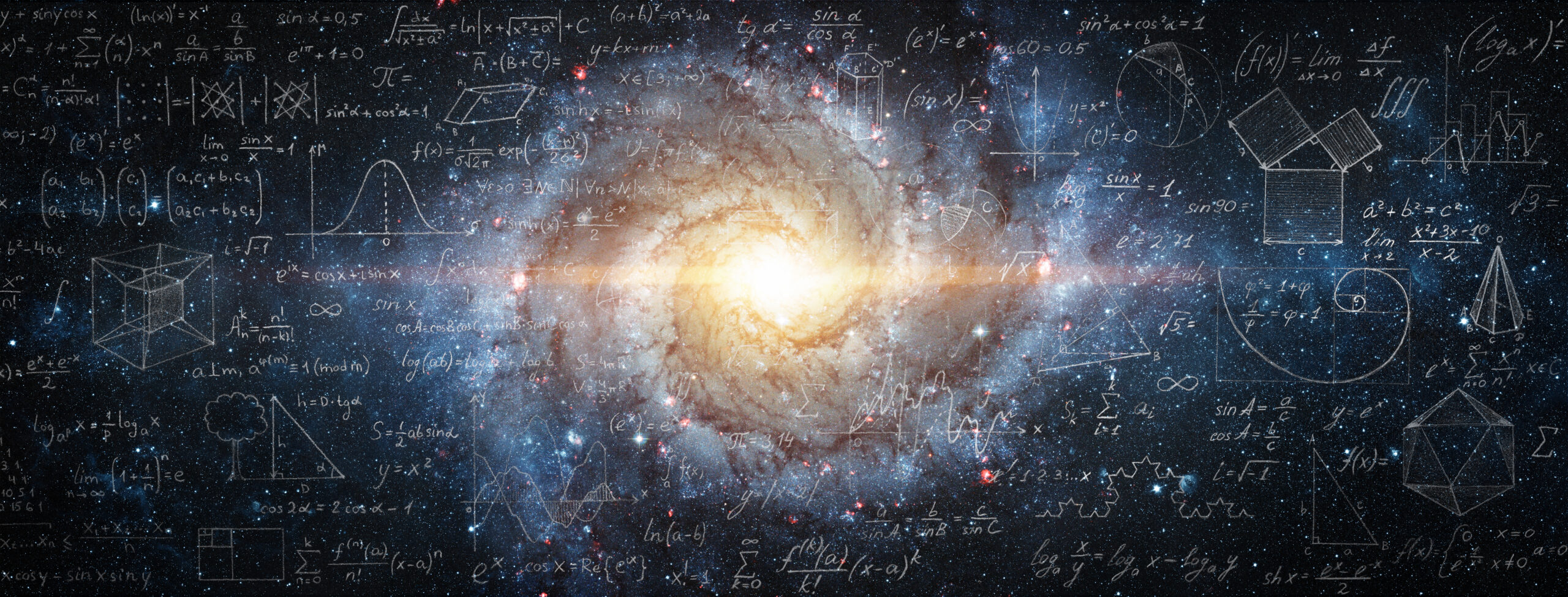Is Science Limited to Inferring the Past?
Question of the Week: How do you respond to claims often made by young-earth creationists that historical science cannot ever be directly observed, because it is in the past, and hence scientists possess only mere speculations or inferences of the past conditions of the universe and Earth? How do you respond to their claim that the Bible is the only reliable record of the past condition of the universe, Earth, and Earth’s life?
My Answer: Astronomy is different from all other historical sciences in that the past conditions of our galaxy and the universe are not inferred. They are directly observed. In astronomy, we have no access to the present, but we have direct access to the past because of the finite, constant velocity of light. For example, when astronomers observe the Sun, they see it as it was 8 minutes ago because that’s how long it took for light from the Sun to reach the astronomers’ telescopes. Likewise, when they observe the Andromeda Galaxy, since it is 2.5 million light-years away, they see it as it was 2.5 million years ago. When they observe the most distant galaxies, they see the state of those galaxies as they were 13.2–13.5 billion years ago.
The farther away astronomers observe galaxies, the younger the galaxies appear. By observing galaxies at different distances astronomers can directly watch galaxies mature from birth, to infancy, to middle age. Astronomers see no burnt-out galaxies and no black dwarf stars. The universe is too young for such galaxies and stars to exist. One reason why astronomers conclude that the universe has continuously existed for the past 13.6 billion years and that God did not create stars with the appearance of age is that they observe stars with well-determined ages where the age measurements range from 0–13.6 billion years.
Because of the time and place in which our Creator placed humans in the universe, we can directly observe 100% of the universe’s past history. Apparently, the Creator wanted us to be able to read the whole of the universe’s storybook! Our ability to observe 100% of the universe’s past history, including the cosmic creation event, explains why, in astronomy, we get some of the most rigorous and compelling scientific evidences for the God of the Bible. See Why the Universe Is the Way It Is; The Creator and the Cosmos, 4th ed; A Matter of Days, 2nd ed for details and documentation.
The Bible declares that the record of nature is a trustworthy, reliable revelation from God (Romans 1:18–20). Psalm 19 proclaims that God has given us two books of revelation: the written law (the Bible) and the heavens, Earth, and the physical laws governing the heavens and the earth (the record of nature). This two-books doctrine is codified as article 2 of the Belgic Confession, one of the great Reformation creeds. It reads:
“We know God by two means: First, by the creation, preservation, and government of the universe, since that universe is before our eyes like a beautiful book in which all creatures, great and small, are as letters to make us ponder the invisible things of God: God’s eternal power and divinity, as the apostle Paul says in Romans 1:20. All these things are enough to convict humans and to leave them without excuse. Second, God makes himself known to us more clearly by his holy and divine Word, as much as we need in this life, for God’s glory and for our salvation.”






